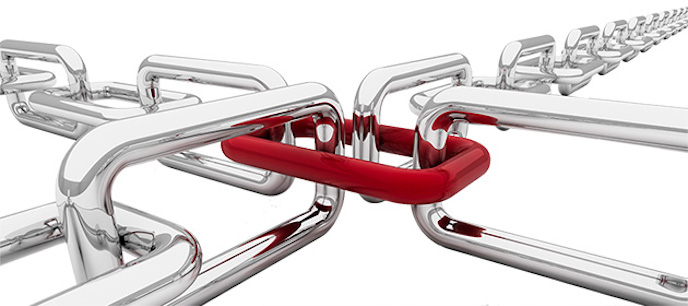Welcome to Part 2 of our series and we’ll be discussing the last to elements which are shifting Google’s algorithm away from the importance of just backlinks. In the first part, I discussed how manipulative practices are making it hard for websites to simply rank from backlinks. We explored suck factors like how social media is becoming to play more of an important role. We also discussed how we can’t eliminate link building, but it must be more authoritative and relevant for it to have an IMPACT on your rankings. In this part, we’ll be discussing how bounce rate, load speed and actual time on site will influence your search rankings going forward. With all these changes being made I personally think backlinks will NOT be as important as they once were in ranking websites. I highly recommend you start considering these factors going forward so you can make the transition if or when it does take place.
Let’s get started…

Bounce Rate
This is defined as the percentage of single-page visits a website has before the visitor’s leaves without skimming to any other page. Bounce rate has been a ranking factor in Google algorithm and they made this very clear when listed their 200 rankings factors. Why? It shows to Google the visitor was NOT able to find the information they were looking for when they arrived on your page. This means the information was inadequate or poorly formatted making it difficult to absorb. Essentially have enormous backlinks with very high bounce rate and this will affect your overall rankings which are why it’s important to play close attention to this number. Here’s the way you can track bounce rate:
Install Google Analytics which is a FREE script and track data over several days. If the rate is above 20% then you know you have to either redesign your website or re-format your content. If you do both and the bounce rate is still very high, you should try reviving your content to see if this helps.
Average Time on Site
Just like bounce rate which is a single page visit, the overall time someone spends on your website matters enormously. It shows to Google you have a website full of valuable information and this is crucial these days. Before it was very easy for people to rank single pages however this became a very deceptive practice because bloggers write “1†high-quality page and forget about the rest. Now Google wants to understand the total value of the website so overall “time on website†matters. The only way to conquer this is by focusing on quality at all times when writing content and you can see major improvements in your rankings. Neil Patel from QuickSprout.com talks about the importance of deep linking and how it applies to rankings. If you have a complete website full of information, then every page on your website will be shared and have external links. This shows Google the following:
- You have a full website with valuable information
- You have social shares on every page
- Engagement on every page
- And much more
Focus on quality as it applies to every page and don’t sell yourself short by having “1†solid page, but others being entirely inadequate.
The Load Time
A site which has very poor load time hinders the user experience and this means people don’t have a good experience with Google. It’s important to keep testing your website making sure it loads under “3-4†seconds. Imagine searching for information and the top page results take 10 seconds to load…how pissed off would you be? Think about how you would never visit that page or even potentially NOT want to use Google search going forward. Make sure you test your page speed each time you load new content and tweak if you are NOT impressed with the results. Here’s the good news…
If you are using WordPress, you can install a few simple plugins to help optimize your website. The days of having to hire programmers are gone and you simply have to install and configure a few plugins to speed up your website. If this doesn’t work then increasing hosting speed so the servers are right to handle your massive pages.
